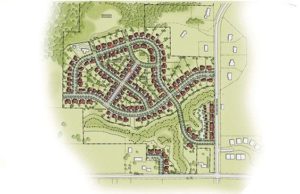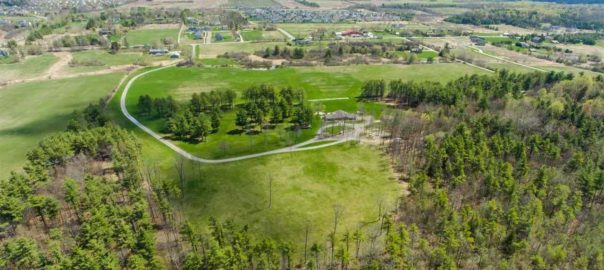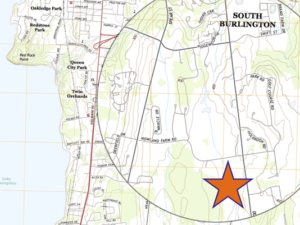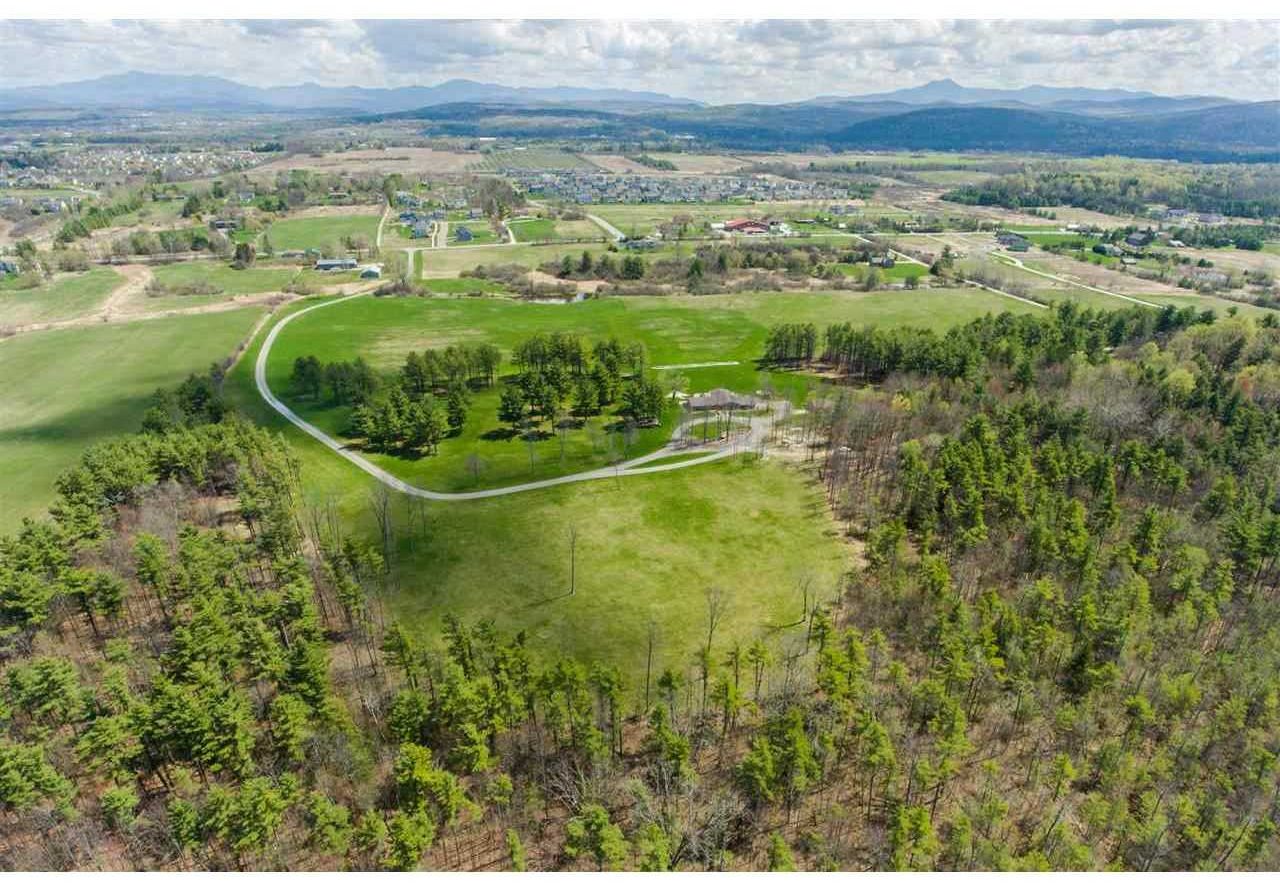updated, 12/29/20
At the Fair Housing Project, we generally applaud community members who organize to get their needs better met. But this featured article in the Other Paper as part of the Vermont Community News Network begs a counter response.
This article shares the story of Steven and Dunia Partilo, who lobbied and helped organize opposition to prevent Dorset Meadows, LLC from developing for 151 units of single-, two- and multi-family homes in South Burlington’s South East Quadrant.
Our “Green Mountain State” is much loved for its large expanses of natural areas. In Chittenden County, some residents are afforded the convenience of urban lifestyle with the added bonus of spectacular views. Unfortunately, environmentalists and housers are often pitted against each other, the environmentalists seeking to conserve natural spaces as the housers respond to a seemingly endless housing crisis by fighting to build more housing.
When we talk about conserving natural spaces, it is important we ask for whose enjoyment those spaces are preserved. Chittenden County residents know Dorset Street for its spurt of strip malls which quickly dissolve into homes selling for a low of half a million dollars, and spiking up to as much as 2 million dollars. The article in question describes this area as “an area known for its open spaces and historically agricultural land,” with the designated housing site “a lush field with trees and views of distant mountains.”

South Burlington suffers from the Chittenden County low vacancy rate, fluctuating around 2%. But even as affordable housing developers seek to remedy that deficit, new developments are forcibly focused in specific regions of the district. Sandra Dooley, from the South Burlington Housing Committee, adds, “The SEQ neighborhood (South East Quadrant) has the highest median household income in Vermont. Adopting a no-build policy there would likely exacerbate this exclusivity, as opposed to promoting inclusivity and opportunity, hallmarks of a thriving and enlightened community.”
The efforts Steven and Dunia Partilo were applauded for in this article is known to those in the affordable housing field as NIMBYism. The acronym, Not In My BackYard, refers to a mentality that affordable housers face when residents in specific communities resist development of subsidized or affordable housing. Subsidized housing allows people with lower incomes to live in a community they otherwise wouldn’t be able to afford. These communities often have more resources that lend to a higher quality lifestyle, such as more access to grocery stores with local foods, closer to jobs, better schools, and, of course, more natural spaces. Unfortunately, despite Chittenden county’s typically recognizably progressive values, this NIMBY energy continues to be a major and persistent barrier to developing the housing necessary to resolve the growing inequities in our communities. One very memorable example of NIMBYism is from 2016, when the Town Manager of Shelburne tried to use zoning laws and unverified claims of rising emergency services costs to shut down a transitional housing shelter, Harbor Place, run by Champlain Housing Trust. Harbor Place continues to be a critical resource for folks transitioning from living in shelters -where, up until recent COVID emergency changes, residents are forced to leave and return to each day- to living in semi-permanent housing with the wrap-around services necessary to building stability.
Unfortunately, NIMBYism happens all the time in Chittenden County, where recent reports from the National Low Income Housing Coalition show that an individual has to earn $23.52/hr to sustainably afford a 1 bedroom apartment in the Burlington-South Burlington area, and over $30/hr for a two bedroom. High rental prices mean that there are fewer and fewer places for people with lower income to live, further exacerbating the divides between low-income and affluent communities. And cost of housing is rising, with the median price of a non-vacation homes in Vermont jumping 7% this past fall to $244,000, according to Vermont property transfer tax records for homes sold through September 30, 2020, reflecting a steady trend since 2014.
Sandra Dooley shared, “This article prompted me to reflect on the kind of community I want South Burlington to be. We are a City of many diverse neighborhoods. To succeed and thrive we need to be a community in which the residents of every neighborhood recognize that we need to support policies that promote the best interests of all City residents—not solely the interests of their neighborhood.


